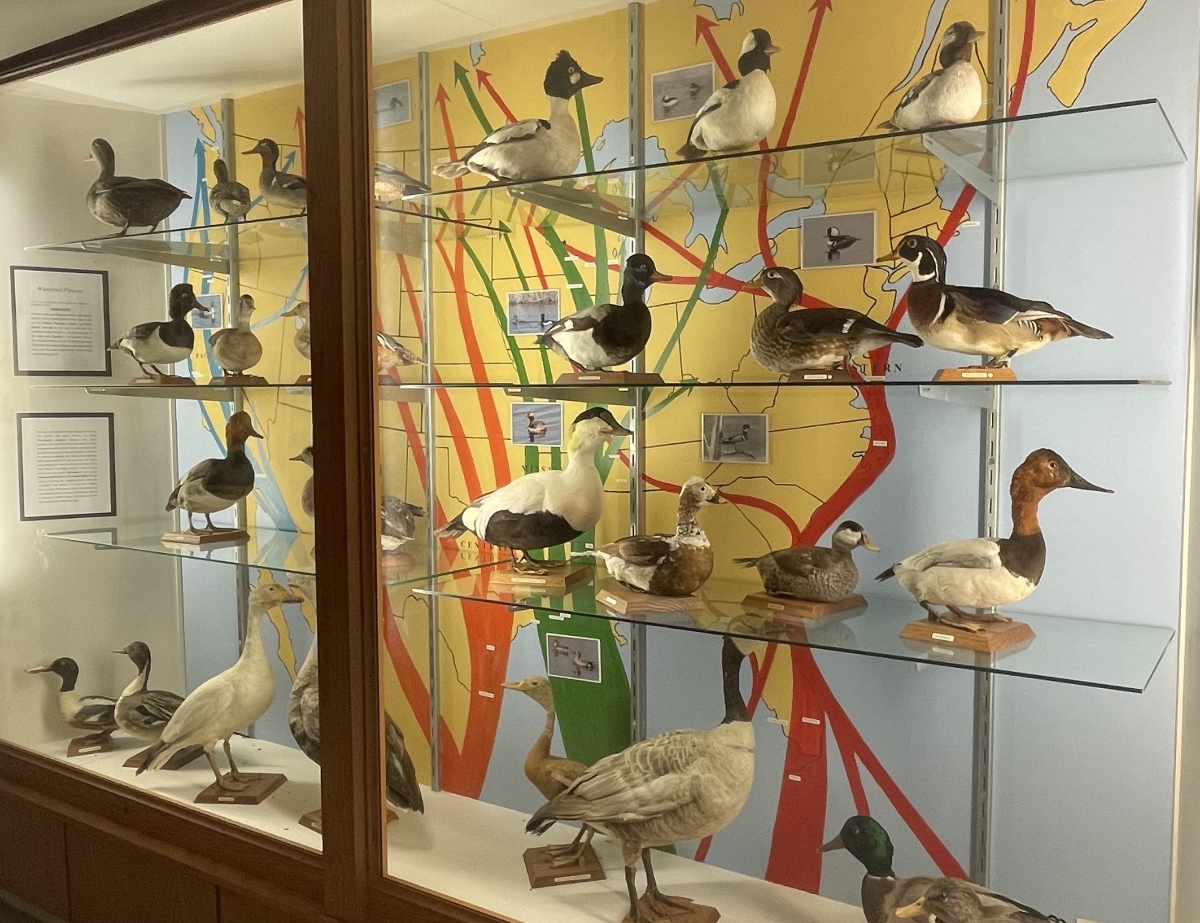The Wisconsin Department of Agriculture, Trade and Consumer Protection (DATCP) shared a news release on Dec. 1 about a recent highly pathogenic avian influenza (HPAI) breakout.
As of Dec. 6, the DATCP said there were 70,020 birds that had tested positive for HPAI in Barron County, all of which are now quarantined.
DATCP said that poultry owners should take extra precautions with strong biosecurity measures.
Ron Kean, faculty associate and UW-Extension expert on poultry production and management, said the inflicted farmers more than likely had thought their biosecurity was strong, but for Eau Claire to prevent an outbreak, it will need to heed more caution.
“I’m sure the farms felt like they had good biosecurity, but something wasn’t quite right if something broke through,” Kean said. “Overall strong biosecurity would be the best answer.”
DATCP also said owners should be careful when working with infected birds, equipment or clothing that has made contact with them.
Ideally, Kean said the birds should be kept indoors, which most commercial farms are, but there are still some smaller farms that keep their birds outdoors.
Kean said they know the wild waterfowl, and often ducks and geese, are carrying the virus and that the goal is to not let their droppings into those of the domestic birds to lessen the chance of spreading.
Both DATCP and the U.S. Department of Agriculture (USDA) are working closely together with health officials to resolve the incident.
Kean said when the poultry is infected, the response is to euthanize the whole flock.
“The current process the USDA requires is that any flock that has a positive test for highly pathogenic avian influenza, HPAI, will be euthanized,” Kean said. “All the birds on that farm will be euthanized. That is what is currently done.”
The Centers for Disease Control and Prevention said the virus is not an immediate health concern and is unlikely to be caught by humans.
Kean also said the virus is unlikely to be transmitted to humans, but there could still be a slight chance that a human could contract it as it is an influenza virus.
“Being an influenza virus, there is a small risk that could change to a human influenza or affect humans,” Kean said. “But it is very slight at this point, there’s only been a few cases around the world that it’s been transferred to humans.”
Kean said that all poultry products are safe to buy in stores as the products have been heavily tested before being put up for sale.
“In general, the poultry meat and eggs in the store are safe,” Kean said. “The flocks are tested before they would go to processes, and any flocks that are positive would immediately be quarantined.”
DATCP also reminds poultry farmers to register their farms. It is state law that the owners must register where their animals are kept, as to help health officials when outbreaks like this do happen.
All of the precaution and actions when an outbreak does occur makes sure UW-Eau Claire, and other institutions, are providing safe and healthy food.
Boggess can be reached at [email protected].








